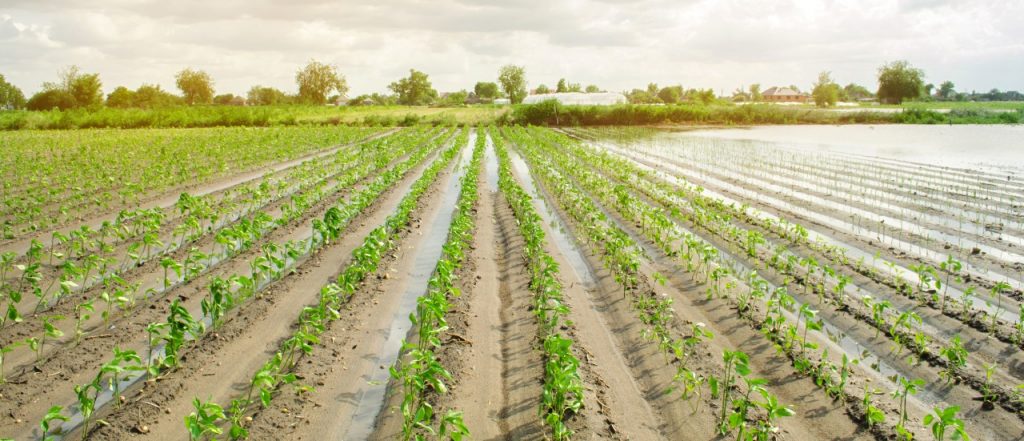What is Crop Insurance and What all Does it Cover?

What is Crop Insurance?
Crop insurance has existed for longer than a century, dating back to 1880, when private insurance companies first sold policies to protect farmers against the harsh effects of hailstorms. Crop insurance is bought by agricultural producers, including farmers, ranchers and growers to protect against the loss of crops as a result of natural disasters, or the loss of revenue due to reductions in the prices of agricultural commodities.
There are three types of crop insurance. They are multiple peril crop insurance (MPCI), crop revenue insurance and crop-hail insurance.
Multiple Peril Crop Insurance (MPCI)
MPCI covers crop losses that include lower yields that are brought on by natural events such as the following:
- Disease
- Drought
- Severe weather — frost, hail, damaging winds
- Flooding
- Fire
- Insect damage
A major advantage of MPCI is that it is federally supported and regulated. It is also sold and serviced by private-sector crop insurance companies and agents.
This type of crop insurance is extremely popular among farmers. In fact, more than.90 percent of farmers who purchase crop insurance choose MPCI. The expense of insurance and the dollar amount the insurer pays for losses are tied to the value of their specific crop. MPCI can be used to protect in excess of 120 various crops. However, not all crops are covered in every geographic region.
You are required to buy MPCI policies each growing season by deadlines set forth by the federal government, and prior to crops being planted. The good news is that if damage to crops occurs sufficiently early in the growing season, the policy may include incentives to replant, or you may face penalties for not doing so.
Crop-Hail Insurance
Depending on what part of the country you have your farm, hail maybe a frequently occurring event. If that is the case, it makes sense to purchase a crop-hail policy to protect your high-yielding crops. These crop-hail insurance policies are sold by private insurers and regulated by state insurance departments. They are not associated with the Federal Crop Insurance Program.
It is quite common for farmers to buy crop-hail coverage as a supplement to MPCI. A benefit of crop-hail policies is that they typically have a low or even no deductible. As opposed to drought and blight, hail usually completely destroys certain segments of crops in one area of a farm, but leaves other crops undamaged.
A hail claim can be less than the amount of the deductible on an MPCI policy.
Because of its limitations, crop-hail insurance is bought considerably less often than MPCI. In contrast to MPCI, you are able to purchase crop-hail insurance at any point during the growing season.
Crop Revenue Insurance
Farmers have the option to buy crop revenue insurance, which assists farmers during years when crops produce a low yield and/or the price of the crop is low. How much an insurer will pay represents how much lower a year’s revenues are compared to previous years’ earnings.
The goal of crop revenue insurance is to help farmers protect their earnings against extreme volatility in crop prices, no matter what the cause.
2014 Farm Bill: The 2014 Farm Bill significantly strengthened crop insurance by adding some new products and requiring numerous program revisions that help make crop insurance the main component of the farm safety net.
Why Farmers Purchase Crop Insurance?
The crop insurance company or approved insurance provider (AIP) agrees to compensate, or protect, the insured farmer, rancher or grower against losses that happen during the crop year. Losses are covered if they occur as a result of things that are unavoidable or beyond the insured’s control. Examples are a freeze, drought or disease.
There are some policies that provide coverage as a result of adverse weather events like the inability to plant because of excess moisture or losses due to the quality of the crop.
For the vast majority of cases, insurance covers loss of yield or revenue exceeding a deductible amount. Farmers, ranchers and growers might experience a loss of revenue because of low production and/or changes in the market price. The types of coverage available will differ by crop and county related to the differences in each crop.
Look to Graybeal Group, Inc. for Quality Crop Insurance Policies
We invite you to inquire with a licensed agent at Graybeal Group, Inc. when you are interested in purchasing crop insurance. Our insurance experts will discuss the available crop insurance policies and determine which one fits your unique needs the best.
Graybeal Group, Inc. Offers Widest Selection of Insurance Plans for the Best Price in Oregon and Washington
Graybeal Group, Inc. is a professional Insurance company with licensed agents and staff. With over three decades of experience, The Graybeal Group takes pride that our agents are specialized in the needs of our customers in the areas of Crop/Agriculture insurance, Hemp insurance, Non-Profits insurance, Pasture Rangeland and Forage insurance, and Farm & Ranch insurance.
Being able to provide the time for our agents to focus on their specialty allows us to give you – our clients – the needed coverage for your home and business. At Graybeal Group, Inc., we are committed to providing an experience that empowers our clients so they are educated on their coverage and the value we provide above all others.
For more information, we invite you to call Graybeal Group, Inc. at (541) 567-5523.

